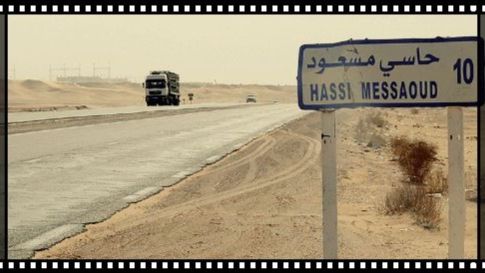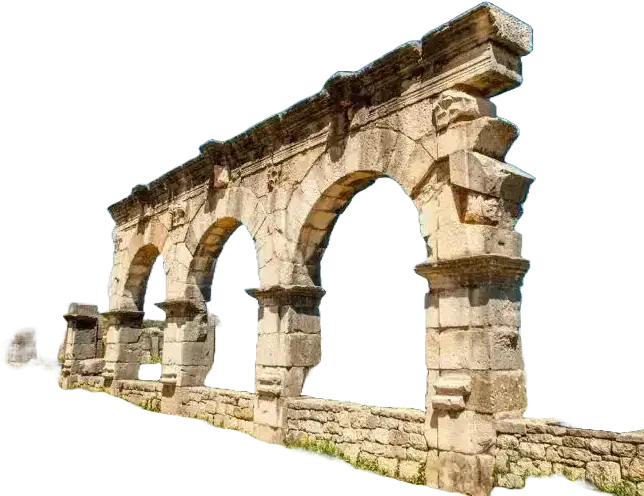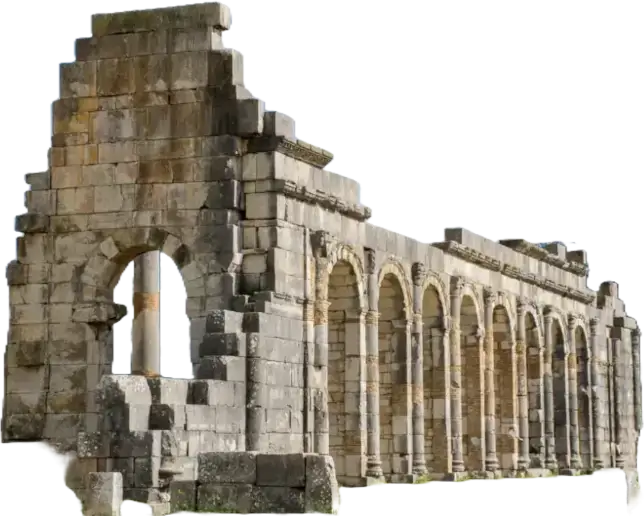By Geoff D. Porter

According to high-level sources inside Sonatrach, Algeria’s state-owned energy company, its senior leadership knows that Sonatrach’s IOC partners are anxious about what the future holds, and senior leadership is trying to address IOC concerns in a reasoned manner.
In general, IOCs are concerned that Algeria’s current political transition will lead to changes in the commercial environment in Algeria, and specifically, in the high-profile hydrocarbons sector. Although the demonstrations have been predominantly focused on political grievances – no fifth term for former President Abdelaziz Bouteflika, no to interim President Abdelkader Bensalah, no to Prime Minister Noureddine Bedoui’s transitional government – there have been occasional expressions of commercial complaints and the odd mention of foreign oil and gas companies. One demonstrator’s placard told the US to stay away because “Algeria only has olive oil left” and presumably no more hydrocarbons, which is obviously not true. Another demonstrator’s banner said that Algeria’s wealth is neither oil nor gas, but the country’s youth. This is also obviously not true because it is not a binary equation – Algeria’s wealth is its oil and gas and its youth.
(As an aside, there is an interesting contrast between the 2015 Winou el pétrole movement in Tunisia that claimed that the government was hiding Tunisia’s true hydrocarbons wealth and Algerian demonstrators who are claiming that Algeria has no more hydrocarbons wealth. Neither view is accurate – Tunisia does not have significant hydrocarbons deposits to exploit and Algeria still has significant underexploited deposits – but the demonstrators’ views are more likely a reflection of their distrust in their governments’ hydrocarbons management than an actual reflection of their countries’ natural resources potentials.)
Despite the relatively few popular grievances targeting IOCs, Sonatrach has been trying nevertheless to assuage four fundamental IOC concerns:
- Sonatrach recognizes that IOCs are worried that a harried political transition could lead to the emergence of more ardent ideological political decision-makers who may then decide to revisit Sonatrach’s contracts with its foreign partners. According to high-level sources within Sonatrach, the company is aware of the importance of contract sanctity for its IOC partners and it is discretely reiterating this message within Algiers’ decision-making circles;
- Sonatrach also knows that it is important for the company to “remain open for business” and that its management continue to engage with its IOC partners as it normally would, regardless of political developments. Thus far, there have been no disruptions to hydrocarbons activity and Sonatrach needs to ensure that this remains the case. For example, Sonatrach knows that it has to continue to be able to reevaluate project milestones and to be able to make adjustments to work programs that reflect current political circumstances;
- A related IOC concern is the potential for labor actions that impact operations and/or production. Sonatrach leadership is sympathetic to its employees’ desires for political expression and Sonatrach leadership has articulated its respect for its employees’ rights as citizens to participate in popular political movements. Thus far, there have been no meaningful labor actions impacting Sonatrach or the hydrocarbon sector more broadly. At the same time, high-level sources within Sonatrach recognize the need to be attuned to the possibility of labor actions in the future, particularly, if Algeria’s political transition is prolonged;
- Lastly, for the last six years IOCs have reiterated to Sonatrach the importance of Sonatrach’s ongoing cooperation with Algerian security services in the upstream in order to be able to anticipate and mitigate any potential security threats. Although Sonatrach’s ability to dictate the terms of the company’s relationship with Algerian security services is limited, Sonatrach leadership is well-aware that security cooperation is a key IOC concern. In that vein, senior leadership within Sonatrach is working to ensure that the company continue to liaise with Algerian security services throughout the duration of the political transition. While there have been changes at the upper levels of Algeria’s security establishment, these have not impacted Sonatrach’s regular points of contact. (That being said, some security sector changes may ultimately prove beneficial for upstream security: the new head of the intelligence services is an ISR professional, an expertise that is unquestionably relevant for upstream security.)
In short, Sonatrach knows what is keeping its IOC partners up at night and the company is trying to do what it can during this crucial period in Algerian history to make sure that its IOC partners’ concerns are addressed. There may be limitations to what Sonatrach can ultimately do, but unlike during previous periods during the last two decades, at least Sonatrach is listening.


